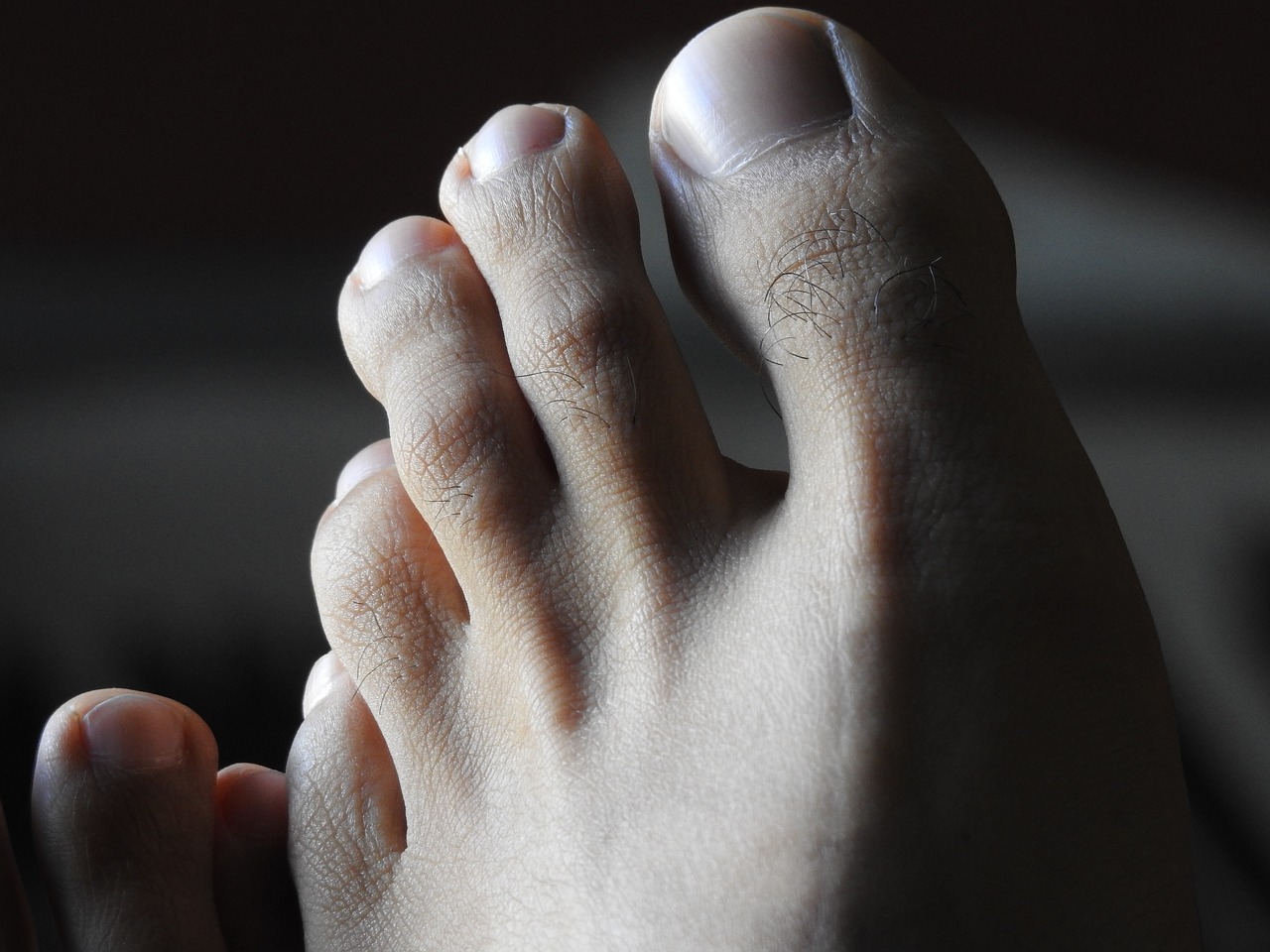If you’ve ever had an ingrown toenail, you know that they can cause a lot of discomfort. They’re often difficult to treat because they can become infected, creating an even more troubling situation.
The most important thing to know about ingrown toenails is when to see your podiatrist, says Dr. Jeffrey Wachtel, a foot pain expert in Lansdale, Pennsylvania.

If your nail is already showing signs of infection such as swelling or discharge, make an appointment with your podiatrist right away, says Dr. Wachtel. However, if the skin around the nail appears healthy, you can try treating the ingrown nail at home by following these steps.
- Soak the affected foot in a warm salt-water bath for 15 minutes up to 3-4 times daily to relieve swelling. Be sure to dry feet thoroughly after soaking and keep them as dry as possible in between soaks to prevent infection.
- Tuck a small piece of cotton or dental floss under the ingrown edge of the nail. This will help the nail grow above the edge of the skin.
- Apply antibiotic cream or ointment on the tender area and bandage the toe to provide padding and protection.
- Wear sensible shoes such as open-toed styles or sandals while the nail is growing out. Avoid any footwear that puts pressure on the nail.
- Take over-the-counter pain relievers to ease any extra discomfort.
KEYS TO PREVENTING INGROWN NAILS
Some people are more prone to ingrown toenails than others. But there are many steps you can take to prevent them in the first place.
- Trim your nails straight across. If you get your nails done at a salon, be sure to tell the nail technician to cut nails straight, rather than cutting or filing them into a curved shape.
- Keep nails at a moderate length. Trim them so they’re even with the tips of your toes. When toenails are too short, the pressure from your shoes may cause them to grow into the tissues.
- Wear shoes that fit correctly. Footwear that places too much pressure on your toes may cause nails to grow into surrounding tissues. If you have nerve damage, to your feet, you may not notice that shoes are too tight, so it makes sense to go to a specialty shoe store where the staff can measure your feet and offer the right options for a good fit.
- Check your feet often. If you have health issues such as diabetes, check your feet daily for signs of ingrown toenails and other problems.
WHEN TO SEE YOUR PODIATRIST
If you continue to suffer from ingrown nails even though you take good care of your feet, you may need professional help from Dr. Wachtel.
Ingrown toenails can often be corrected with a simple, in-office surgical procedure that permanently removes the nail from the surrounding tissues. Local anesthetics are used to ensure your comfort during the procedure. You’ll go home the same day with care instructions for the healing period, which usually takes a few days.
Dealing with ingrown nails or other foot issues that affect your everyday life and mobility? Call Dr. Wachtel now for a consultation.
Source






